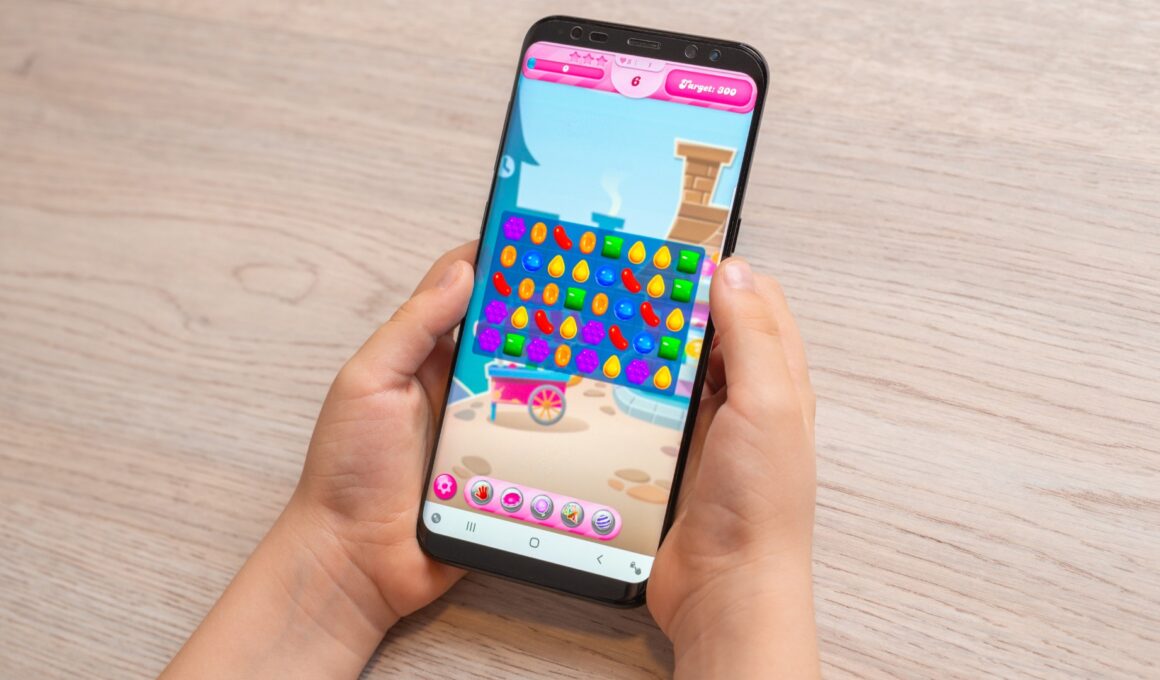I was once a successful and happy family man. I had a wife and two children (Dilbert and Egbert), a high-paying job, a house, friends…
Then Candy Crush happened…
Now I’m a vagrant who travels from city to city, begging for money so I can get my fix of coloured puzzle gaming. I keep telling myself I can quit whenever I want, get it all back, but I know deep down that that’s just a lie I tell myself. Long ago I gave my soul to Candy Crush…
Okay, so none of that is true. At all. But if you look at some of the rather unhealthy relationships that people have with Candy Crush then you quickly realise that it very easily could be true. This is an addictive game, so much so that many people seem to lose all self-control when it comes to playing it. People are paying to have one more go on a badly made puzzle game (come on it is, you can even hear where the music loops every three seconds!) and it’s not like you can even potentially win any money back in return.
It’s like being addicted to a slot machine that you can’t win any money on. What gives?
Clearly there are some strange psychological phenomena at play here, so let’s take a look at what it is that makes addictive games so impossible to put down. And how ‘King’ (Candy Crush’s developers) have pulled the ultimate trick in getting us to pay to play…
The Reward Effect
If you’ve ever studied any basic-level psychology, then you will probably be familiar with the concept of conditioning, as described in Pavlov’s famous study involving dogs and a bell.
In case you haven’t heard of it, the basic idea is that you can condition an animal (even a human animal) into wanting something by getting them to associate that stimulus with a good feeling. In the case of the dogs, treats were handed out every time a bell rang, and those dogs then ended up salivating at the sound of the bell. In the case of your brain and Candy Crush, the game ‘rewards’ you by staying easy at the start and giving you that sense of achievement. This isn’t just a theoretical ‘feel good’ effect either, completing challenges like this will trigger an actual chemical response in your brain causing it to release ‘dopamine’. This is the ‘reward’ chemical that our brain uses to motivate us, and as with any other nice feeling it can actually be addictive. In short you come to realise that you can get a ‘buzz’ from playing Candy Crush and winning so you keep wanting to play more – even as it starts to get tougher.
‘Just One More Go’
Another reason that Candy Crush and other games like it are so addictive is that there’s a big element of chance involved (as with those slot machines). This means that you can very easily convince yourself that you’re going to win next time or at least in the next few goes… you just need one more try to get that fix of dopamine. Which is precisely when you run out of lives…
This is actually a cognitive bias that affects a lot of our decision making. We think that because we’ve played something a lot times, that we will thus be more likely to win the next time. Throw heads five times in a row and you’ve got to throw tails the next time, right? Wrong: the odds reset back to 50/50 every time you throw, only your silly brain is too caught up to realise that. Just one more spin of the wheel…
Pay to Play
This is where the option to ‘pay to play’ comes in, and it seems like a good deal at the time: just a few cents and you get another however many lives. It’s hardly going to put you into debt…
But then this is all part of King’s evil scheme too: because the amount of money is so small you don’t notice it add up. Your expenditure increases ‘incrementally’ which allows it to get in under the radar: it’s an effect that has proven successful in a number of classic studies (include Milgram’s study on obedience in which participants were fooled into administering potentially lethal electrical shocks to strangers).
Lose, Lose
And actually, even if you have enough willpower to resist paying for another few lives, King still win in the overall scheme of things. That’s because the fact that you are being denied the right to play will actually make you want to play more.
Think about it – you probably played Angry Birds to death when it first came out, but when was the last time you gave it a go recently? That’s because you played it to death in one sitting and got tired of it. But because you can’t play Candy Crush for hours in a go, you find yourself wanting to all the more… and thus considering paying.
As you can see it’s all very diabolical on the part of King, but also all rather genius. Now that you understand the mechanisms compelling you to waste your money though, hopefully you can resist the next time you’re invited to pay for more lives. After all there are plenty of great games on iOS and Android that actually are completely free to play. Why not try one of those instead for a while?





Too bad no one wants to read this truth. Good article though.
Have thought there’s something fishy about a basically free game, that is advertised on TV which must cost a lot of money.